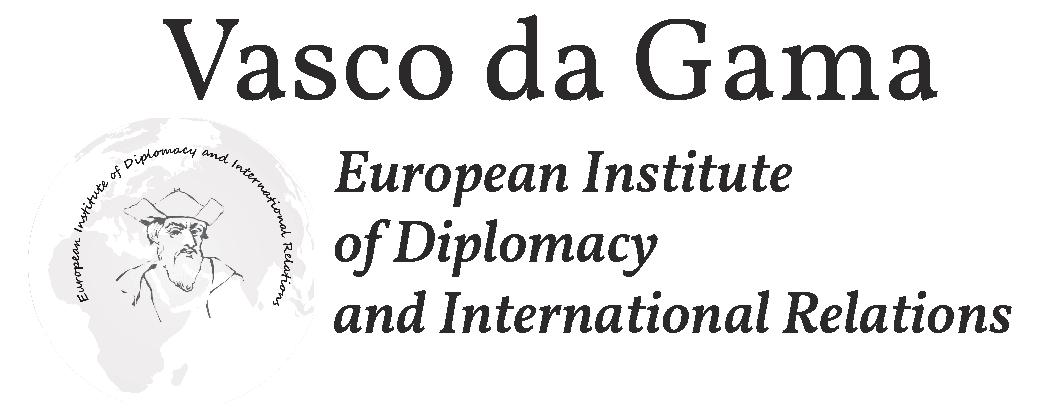International Economy
This course will begin with referencing rules and notions common to economics courses. The specifics of international trade and dispute resolution mechanisms will then be covered.
The new international trade theory can be defined as a global trade approach focusing on two aspects absent from traditional theory: increasing returns and imperfect competition.
Under these conditions, it is about explaining the new nature of trade and establishing the conditions wherein the dogma of free trade can be overcome. In the absence of significant comparative advantages, this theory makes the increase of returns one of the specific reasons for specialization and trade. It also makes possible the analysis of trade between countries endowed with equal initial resources and a comparable technical level and the understanding of the development of intra-industry trade.
“Accidents of history” are becoming a decisive factor of specialization in international trade studies. The main findings of this new international trade theory describe a government’s ability to intervene in trade to assist companies to obtain a greater share of the rent or to enter a given market, thus calling into question the historical role of fate and chance.
Mission
This course is an undergraduate survey of the field of international political economy (IPE). It is intended as an introduction for students who already have some background in the field of international relations and are interested in exploring international economic relations at a deeper level. The course covers major theoretical empirical and policy perspectives. The theme to be explored in this course is “National Interest vs. Global Governance?” – that is we will explore the theory and history of international political economy as an extension of national interest and an arena for the development of global governance and the question of whether or not these two dimensions of international political economy are compatible or competitive with each other. The first part of the course will cover the basic concepts and theoretical foundations of IPE. The focus is on core theoretical principles and approaches. The goal is to understand how theory is framed and “works” the potential inferences of this theory and the issues of contention within the field. The second part of the course draws on the theoretical foundations to examine a set of specific international economic issue arenas including international trade finance and economic development.
Bibliography
BOUKHARINE N., L’économie mondiale et l’impérialisme, Paris, Anthropos, 1977
DROUIN J.C., Les grandes notions de l’économie, Paris, PUF, 1994
FRIEDMAN M., Inflation et systèmes monétaires, Paris, Calmann-Lévy, 1969
FRIMAN R., Crime and the global political economy, Boulder, 2009
MANKIW G. et TAYLOR M., Pricipes de l’économie, Bruxelles, de Boeck, 2011
MARCHAL J., Monnaie et Crédit, Paris, Cujas, 1984
OKAMBA E., Mondialisation, concurrence et compétitivité, Paris, Publibook, 2005
ROSTOV W.W., Les étapes de la croissance économique, Paris, Le Seuil, 1963
4 ECTS
